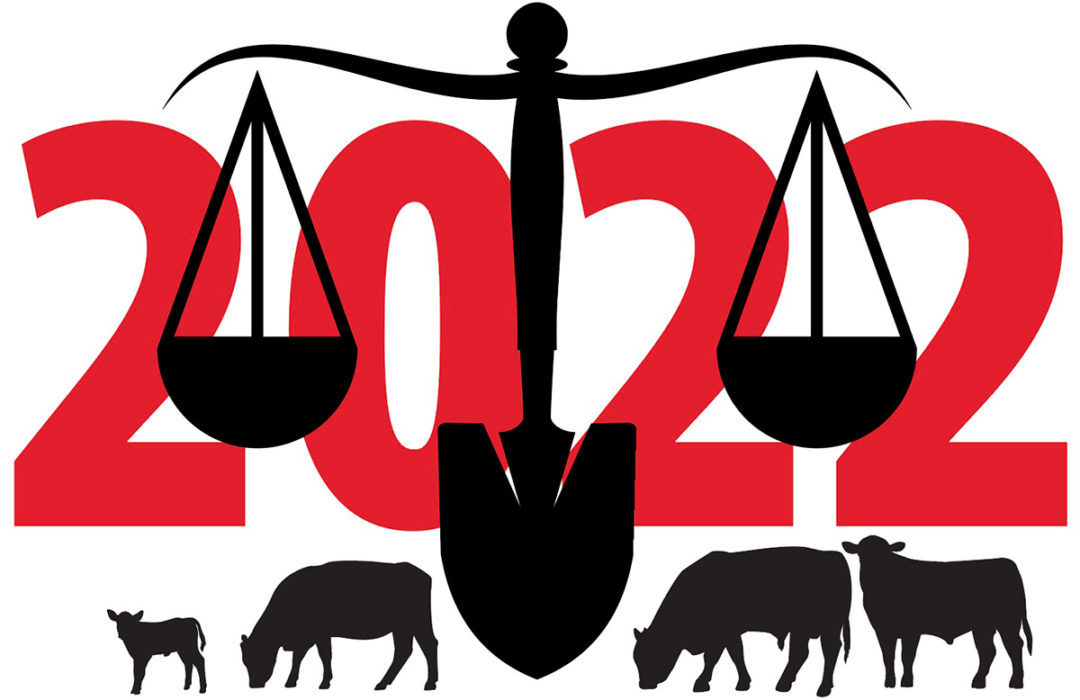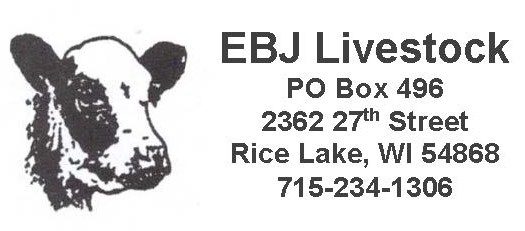Yet again, it has been a big year in agricultural law. Ranchers across the country should be aware of a number of significant legal issues and developments that have occurred over the past 365 days.
Carbon contracts
If there is one “hot topic” for 2022, it would likely be carbon contracts. Currently, agricultural producers around the nation are being approached by companies seeking to enter into contracts related to carbon credits. Essentially, the company agrees to pay a producer to undertake a production practice that increases the amount of carbon stored in the soil and/or reduces the amount of carbon emitted from the farm or ranch. The purchaser then typically sells any carbon credits generated from that land to a company seeking to offset its own carbon footprint. For ranchers, typically it is implementing a regenerative grazing practice that will be required by a carbon contract. As with all contracts, the devil is in the details, and producers should carefully review any contract and work with an attorney to ensure the terms are understandable and agreeable. Ranchers should also carefully consider the economics to ensure the carbon contract payment will exceed the cost of converting to a regenerative grazing practice.
There are a few resources related to carbon for ranchers specifically here. I also have a general podcast episode on it here.
Waters of the U.S.
The issue of how to properly define “waters of the U.S.” (WOTUS) under the Clean Water Act has been included in this year in review for years. While we have updates to share, there is still no end in sight for the confusion and litigation over this issue. In December 2021, the Biden administration published a proposed rule redefining waters of the U.S. This proposed rule was certainly broader than the Trump administration’s Navigable Waters Protection Rule, which had been published in January 2021. The EPA took public comment through February 2022 and then held a number of public discussions to take input on the proposed rule. To date, their final rule has not been published.
A potentially interesting wrinkle in this situation is a case taken up by the U.S. Supreme Court, Sackett v. EPA. Although not factually ag-related, this case is looking at the proper interpretation of when a wetland qualifies as a “water of the U.S.” Depending on the court’s ruling, it could prove interesting both for rural landowners as well as for the Biden EPA in seeking to finalize its own rule.
Proposition 12
Speaking of the U.S. Supreme Court, in October 2022, the justices heard oral arguments in an agricultural law case, National Pork Producers Council v. Ross, which challenges the constitutionality of California’s Proposition 12. Proposition 12 was a ballot initiative in California that bans the sale of pork in California unless it was raised in a manner meeting certain requirements related to spacing in barns. This is true for any pork sold in California, regardless of where the pigs were raised. (Proposition 12 also applies to welfare conditions of laying hens and veal, but those provisions are not part of this lawsuit.) The National Pork Producers Council and the American Farm Bureau Federation filed suit against California, claiming that this law violates the Commerce Clause as it has extraterritorial effects on commerce. Specifically, they argue that the law attempts to allow California voters to dictate how a producer in another state – such as Iowa, for example – has to raise his or her pigs. A decision in the case will be released by the end of June 2023.
Environmental, social and governance claims
Lawsuits involving environmental, social and governance (“ESG”) claims are lawsuits filed by plaintiffs related to the marketing or labeling claims made by certain producers about their products. For example, claims related to animals being “humanely handled” or an operation being “environmentally friendly” would fall under this category of claim. There have been lawsuits popping up around the country challenging these types of claims made by agricultural operations and food companies recently. For example, in Texas, a court recently denied a motion to dismiss and let the lawsuit proceed forward in Usler v. Vital Farms Inc. Here, the plaintiffs, representing animal rights groups, claim that Vital Farms' marketing claims that their practices are “ethical” and “certified humane,” their hens are “pasture-raised” and their “mission is the humane treatment of farm animals” are false and misleading to consumers. All producers should be aware of these types of lawsuits and carefully consider their ability to prove any such claims included in their marketing plan.








